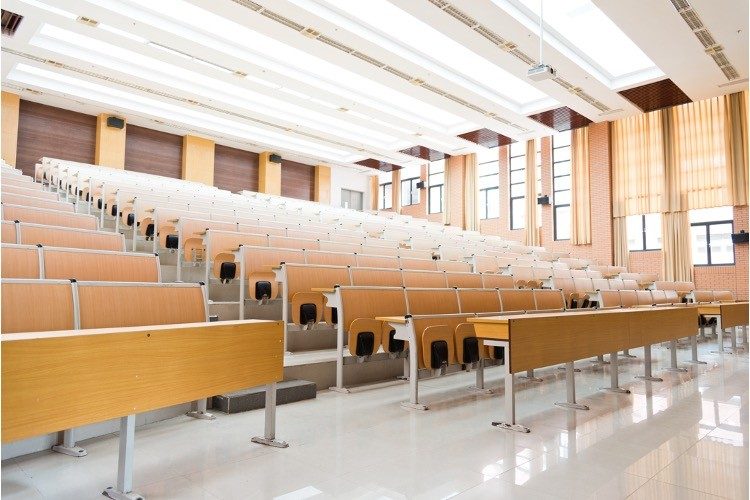
About 200 academics with a wide range of opinions have joined together in a new organization to defend academic freedom on college and university campuses.
The Academic Freedom Alliance (AFA), a nonprofit group, is “dedicated to protecting the rights of faculty members at colleges and universities to speak, instruct, and publish without fear of sanction or punishment,” says the AFA’s website. “We uphold the principles that are required if scholars are to fulfill their vocation as truth-seekers and colleges and universities are to be faithful to their mission as truth-seeking institutions.”
Keith Whittington, professor of politics at Princeton University and author of Speak Freely: Why Universities Must Defend Free Speech, chairs the AFA’s academic committee. He told the Daily Caller “that after numerous conversations with other professors over a long period of time, they wanted to start a group that would include faculty from an ‘array of political viewpoints’ who united on a single cause — protecting academic freedom at their universities.”
“Those conversations that were kind of abstract sort of came together into something a little more concrete last spring,” Whittington said. “We decided this shouldn’t just be a Princeton-based initiative, it needed to be a national initiative. It needed to involve a broad coalition of professors at different institutions from a wide range of backgrounds and perspectives.”
According to the Associated Press, “Members range politically from Harvard University’s Cornel West, a Bernie Sanders supporter, to retired Vanderbilt University professor Carol Swain, a backer of former President Donald Trump…. Some members have been involved in free speech controversies.”
The AFA will function in two ways, its website explains. First, “within established ethical and legal bounds,” it will “defend faculty members’ freedom of thought and expression” from attacks by “government, college or university officials, and individuals or groups.” Second, it will, “in appropriate circumstances,” provide legal support to faculty members whose academic freedom is being challenged. The AFA’s defense of a particular professor should not, however, be taken as an endorsement of his views, merely of his right to express them.
“I think people are cautious about what they teach, how they teach, what kind of scholarly questions they pursue, what kind of publications that looks like and what they’re willing to say in public,” Whittington said. “So this concern that there might be repercussions to what you say, if you say something that winds up landing in the middle of controversy. There’s a chilling effect, even on the very core activities that academics do in their teaching.”
To make the case for the AFA, Whittington cited two recent examples of faculty members’ being punished for saying things that some people found offensive.
Last summer, University of Southern California business-communications professor Greg Patton found himself in hot water for using the Chinese phrase “ne ga” as an example of “filler words” in various languages. Black students who were “triggered” by the phrase’s similarity to a certain English racial slur demanded Patton’s head — and nearly got it. He was “placed on leave, and only returned after a school investigation found that ‘the use of the Mandarin term had a legitimate pedagogical purpose,’” wrote the AP.
Auburn University, also last summer, forced English professor Jesse Goldberg out of the classroom — though not, as some critics had sought, out of a job — after he tweeted, “F*** every single cop…. The only ethical choice for any cop to make at this point is to refuse to do their job and quit. The police do not protect people. They protect capital. They are instruments of violence on behalf of capital.” While Goldberg’s words were far less defensible than Patton’s, “that kind of posting on social media is protected by most universities’ policies, including those in place at Auburn,” maintained Whittington.
The AFA, it appears, would defend both of these professors. Whether one agrees with that or not, it shows the organization is truly apolitical.
“I’m delighted,” tweeted Princeton jurisprudence professor Robert George, “to join 200+ colleagues in the Academic Freedom Alliance — a group of scholars from across the academic disciplines and the political spectrum who’ve united to protect freedom of thought and speech on campuses by treating an attack on one as an attack on all.”



